Publications
Articles, publications, books, tools and multimedia features from the U.S. Institute of Peace provide the latest news, analysis, research findings, practitioner guides and reports, all related to the conflict zones and issues that are at the center of the Institute’s work to prevent and reduce violent conflict.
Question And Answer
Blinken’s China Trip Shows Both Sides Want to Stabilize Ties
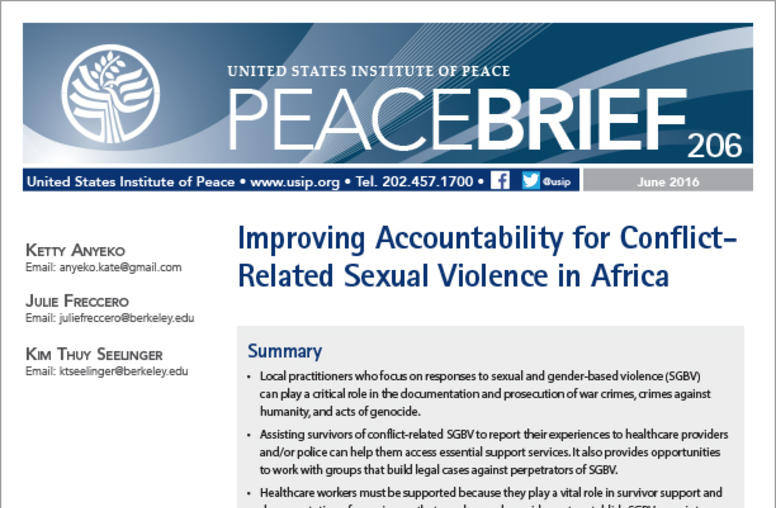
Improving Accountability for Conflict-related Sexual Violence in Africa
Local practitioners who work with survivors of sexual and gender-based violence (SGBV) on a daily basis during peacetime also play a vital role in accountability for conflict-period SGBV. With appropriate training and resources, they can even contribute to the documentation and prosecution of SGBV committed as a war crime, crime against humanity, and act of genocide. This Peace Brief illustrates how new research from the Human Rights Center at the University of California, Berkeley, School of...

China’s Troop Contributions to U.N. Peacekeeping
China, traditionally reluctant to intervene, has become a major contributor to UN peacekeeping operations. However, given its available assets, the country has the capacity to increase its commitments and play a key role in improving peacekeeping operations. This brief examines China’s rise as a global security provider and what can be done to drive its further engagement in the peacekeeping landscape.
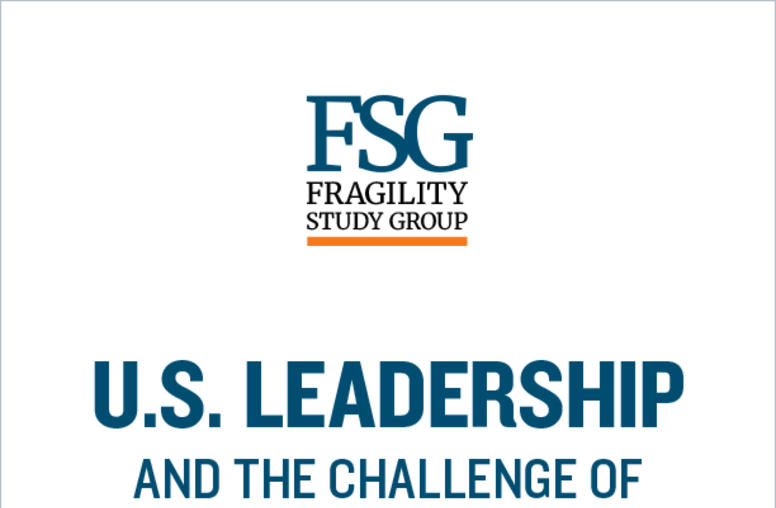
U.S. Leadership and the Challenge of ‘State Fragility’
The new administration, a coming change in leadership at the United Nations, and an emerging global consensus about the fragility challenge make this an opportune moment to recalibrate our approach. The United States cannot and should not try to “fix” every fragile state. Nor can we ignore this challenge; all fragility has the potential to affect U.S. interests to some extent, especially when left to fester. There is simply too much at stake for our interests, our partners, and the global ord...
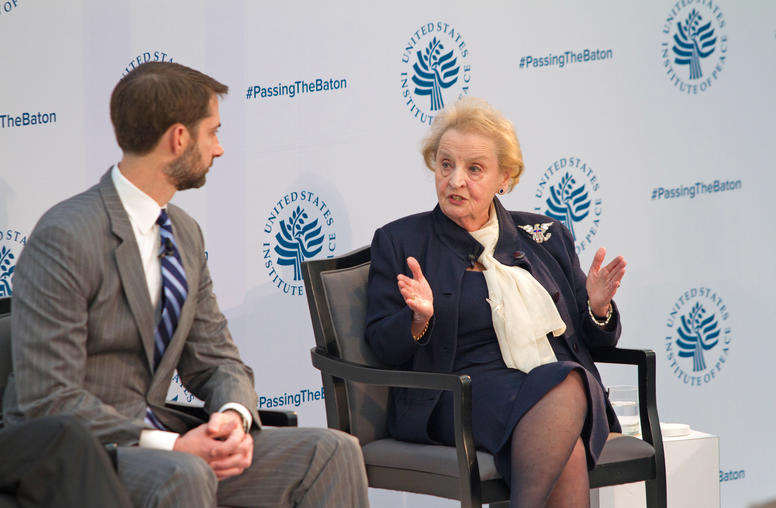
U.S. Braces for Tests to Foreign Policy (Video)
China, Russia, Iran, North Korea. Violent extremism, America’s global leadership, investing in stability. Those are some of the biggest issues facing the administration of President Donald Trump as it establishes its foreign and national security policies in the weeks and months ahead, according to former Secretary of State Madeleine Albright, other former officials and experts from the U.S. Institute of Peace.
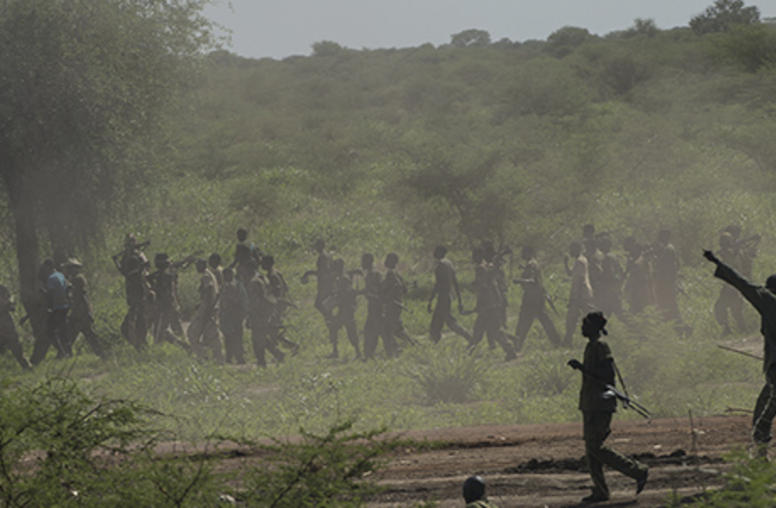
To Save South Sudan, Put it on Life Support
South Sudan marked its fifth anniversary as a state this month not with celebrations but with rival armed factions shooting at each other in the streets of the capital. Several hundred people were killed in less than a week, tens of thousands displaced, and even sacrosanct U.N. camps protecting civilians were attacked. South Sudan ceased to perform even the minimal functions and responsibilities of a sovereign state long ago, and today the likelihood of a larger pogrom and escalating civil war is high.
For a Victory Amid Crisis, Offer Consistent, Smart Help to Tunisia
As the United States and the international community grapple with interlocking crises in the Middle East and nearby parts of Africa and Asia, we must reserve a special priority for helping Tunisia achieve a strategic victory. Its success could model for the region how to build stability and prosperity through inclusive governance and nonviolence.
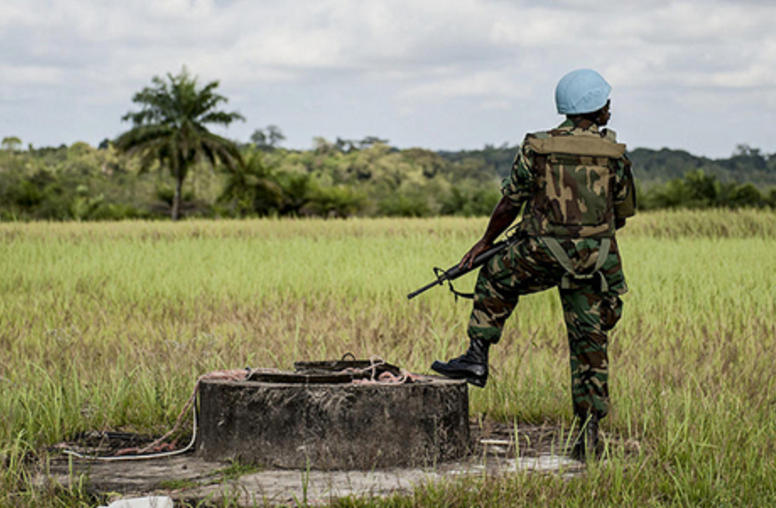
Africa Peacekeeping: Lessons from a Ghanaian Commander
For peacekeeping forces in Africa, the days of simply patrolling a ceasefire line or keeping local armies apart are over. Their assignments today increasingly include protecting civilians, confronting violent extremism and even engaging in what amounts to counter insurgency. These new burdens demand better preparation of troops headed for missions and clearer thinking by those who send them, Ghanaian Army Colonel Emanuel Kotia, a leading trainer of African peacekeepers, said at a U.S. Institute of Peace forum.
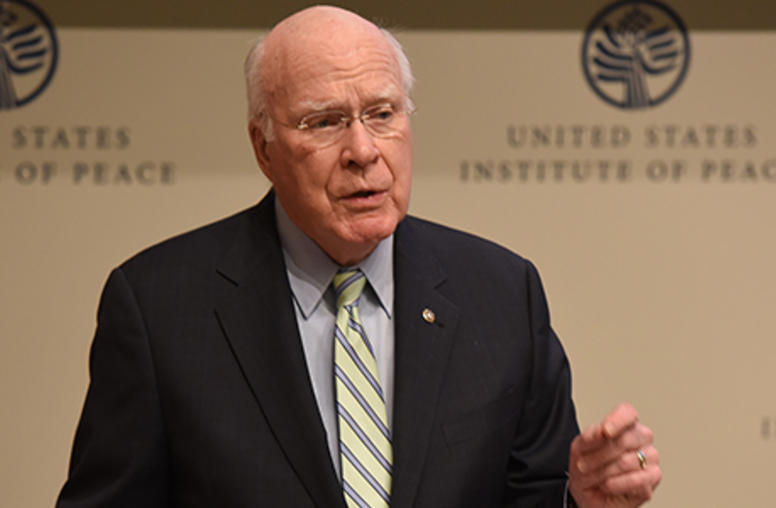
Aid Is Key to Reform Local Forces on Rights, Leahy Says
The goal of a law that for two decades has barred U.S. aid to security forces that violate human rights is to rehabilitate culpable units, not just punish them, the statute’s author, Senator Patrick Leahy, told an audience at USIP this week. The senator and administration officials who also spoke highlighted a new interagency policy that promotes reform by restoring assistance to partner governments once they have held perpetrators accountable and moved to guard against future abuse.
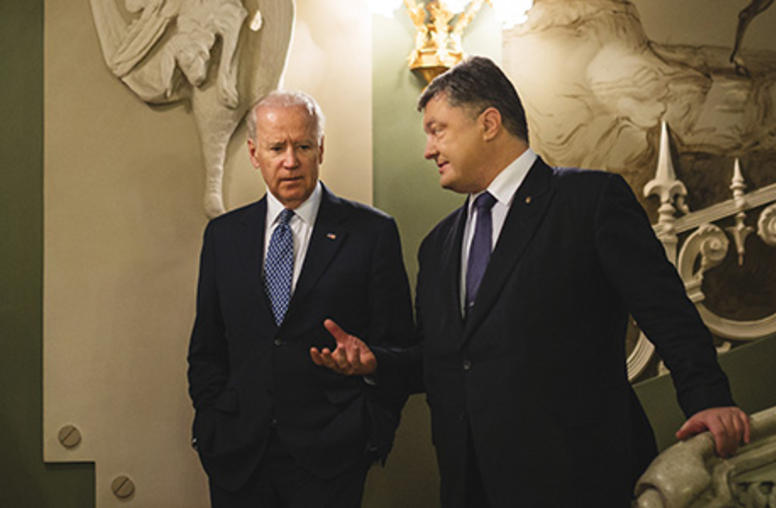
Tunisia and Ukraine: Linchpins of U.S. interests
The Obama administration’s announcement this week that it plans to quadruple military resources devoted to deterring Russia in Europe highlights how seriously U.S. and NATO leaders view the threat posed by Russia. Ukraine is struggling to save its young democracy and stave off public disaffection with the new government’s valiant but halting reforms, even as Russia continues its campaign of military and economic goading.
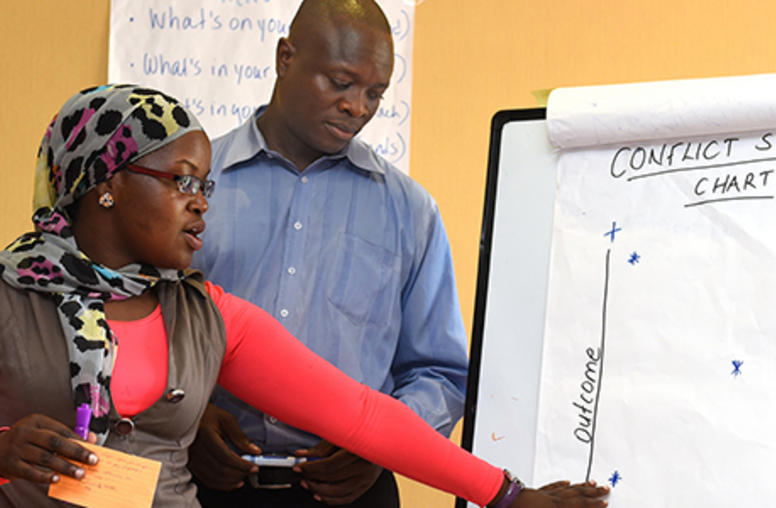
Landmark U.N. Resolution Elevates Youth in Work for Peace
In a landmark decision, the United Nations Security Council this week adopted its first resolution to address the critical role that young people play in preventing and resolving conflict. Resolution 2250 on Youth, Peace and Security, which passed with the unanimous support of the U.N.’s 193 member states, is especially vital given that more than half of the world’s population is under the age of 30, and 70 percent of them are concentrated in Africa and the Middle East, two regions roiled by violent conflict.